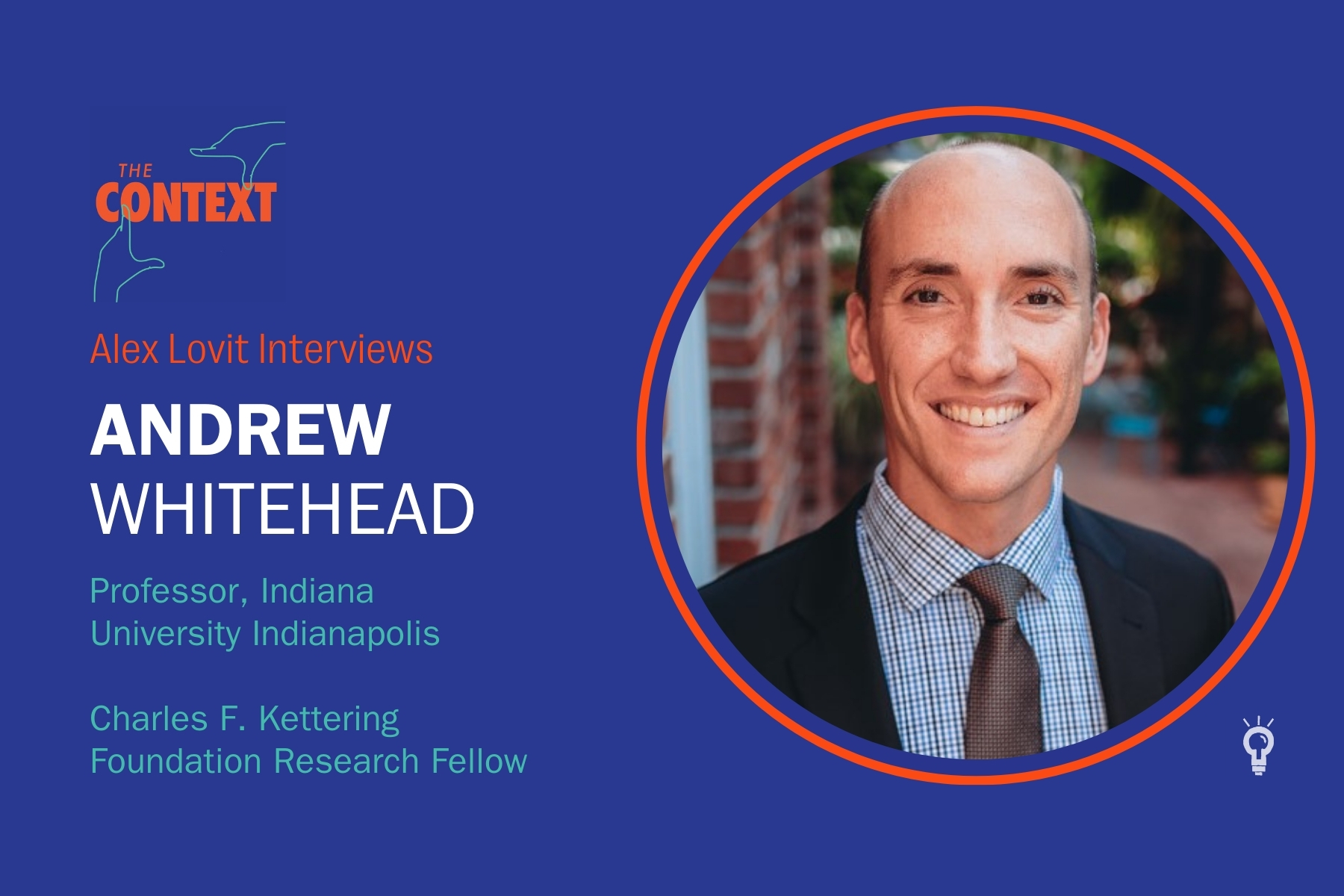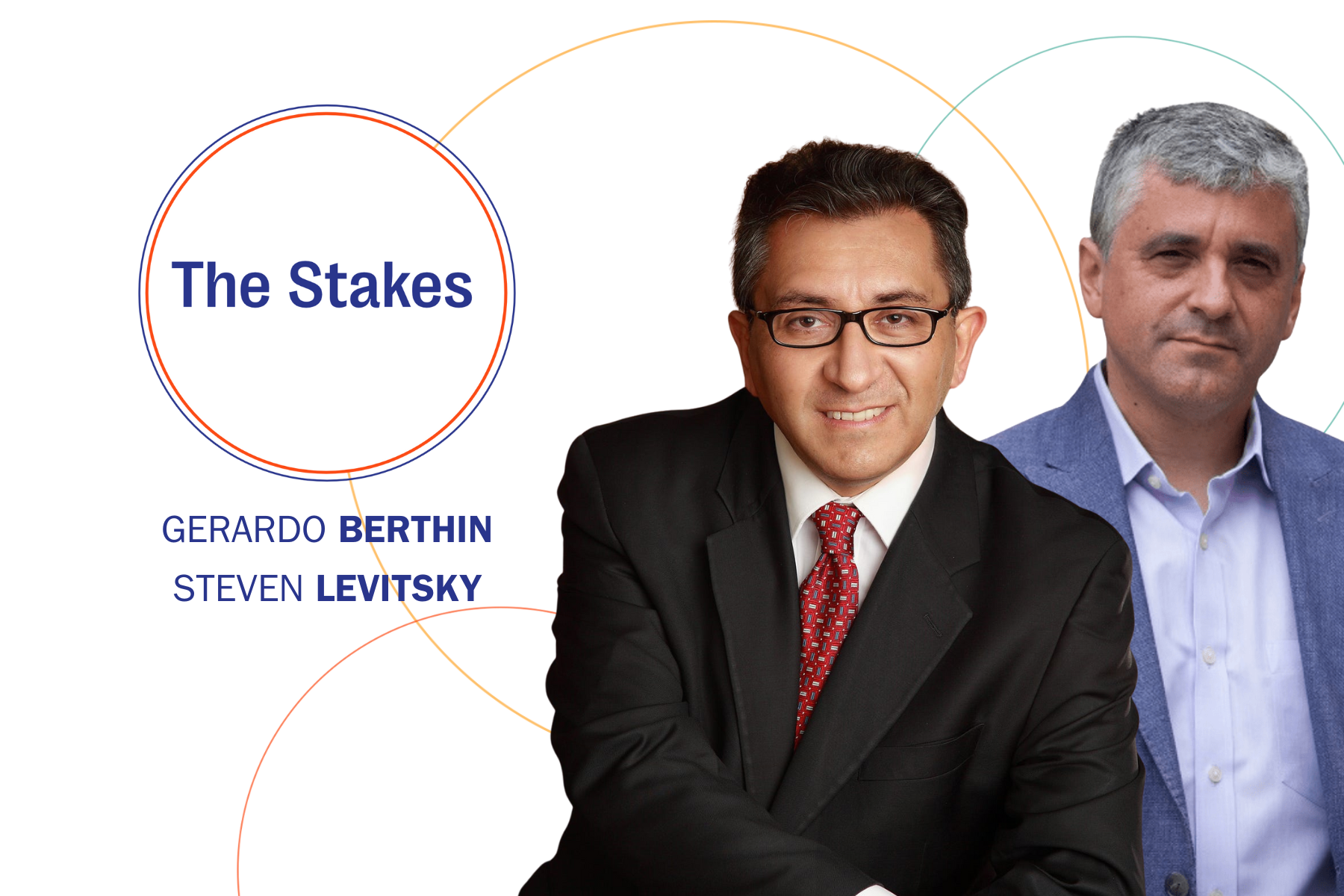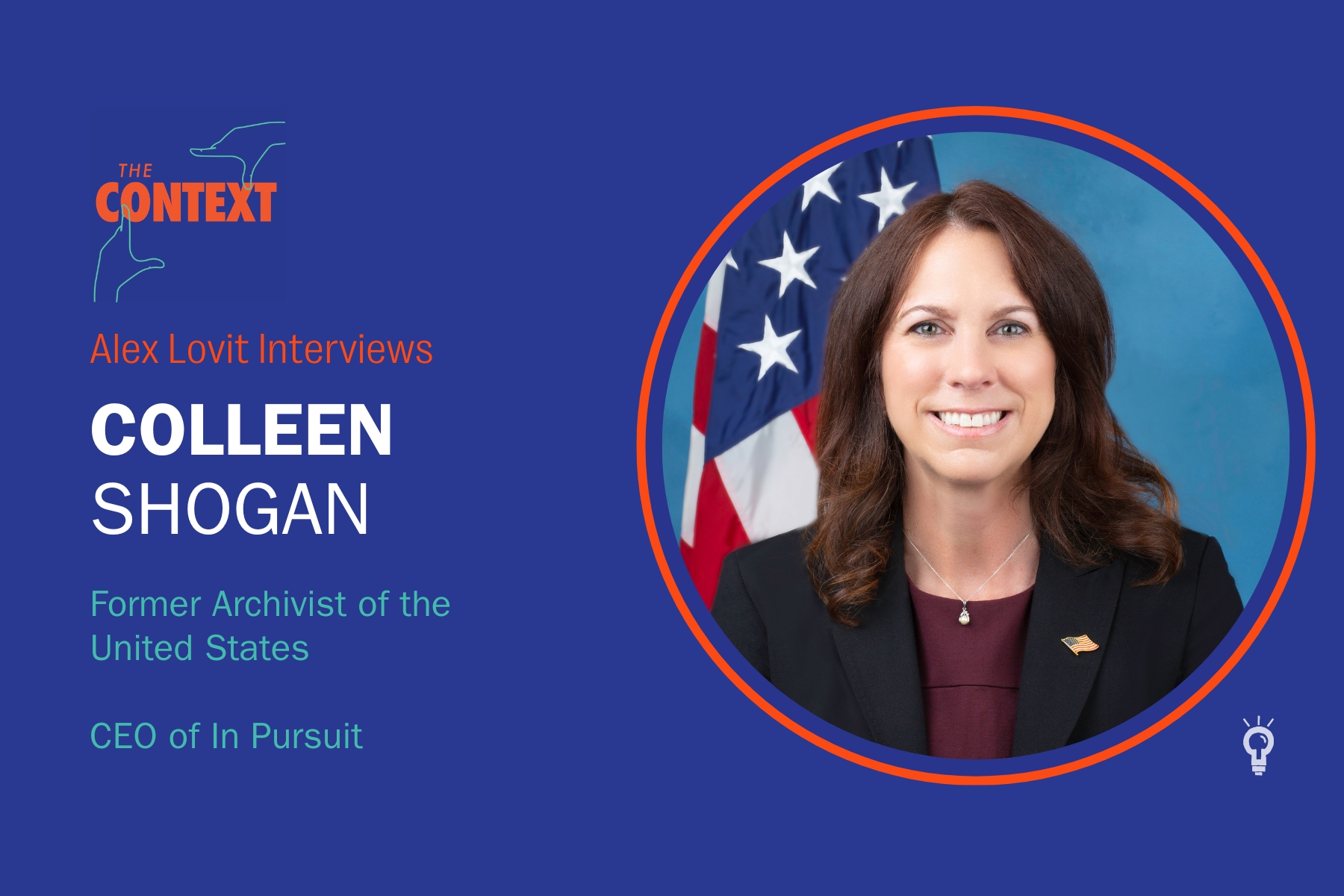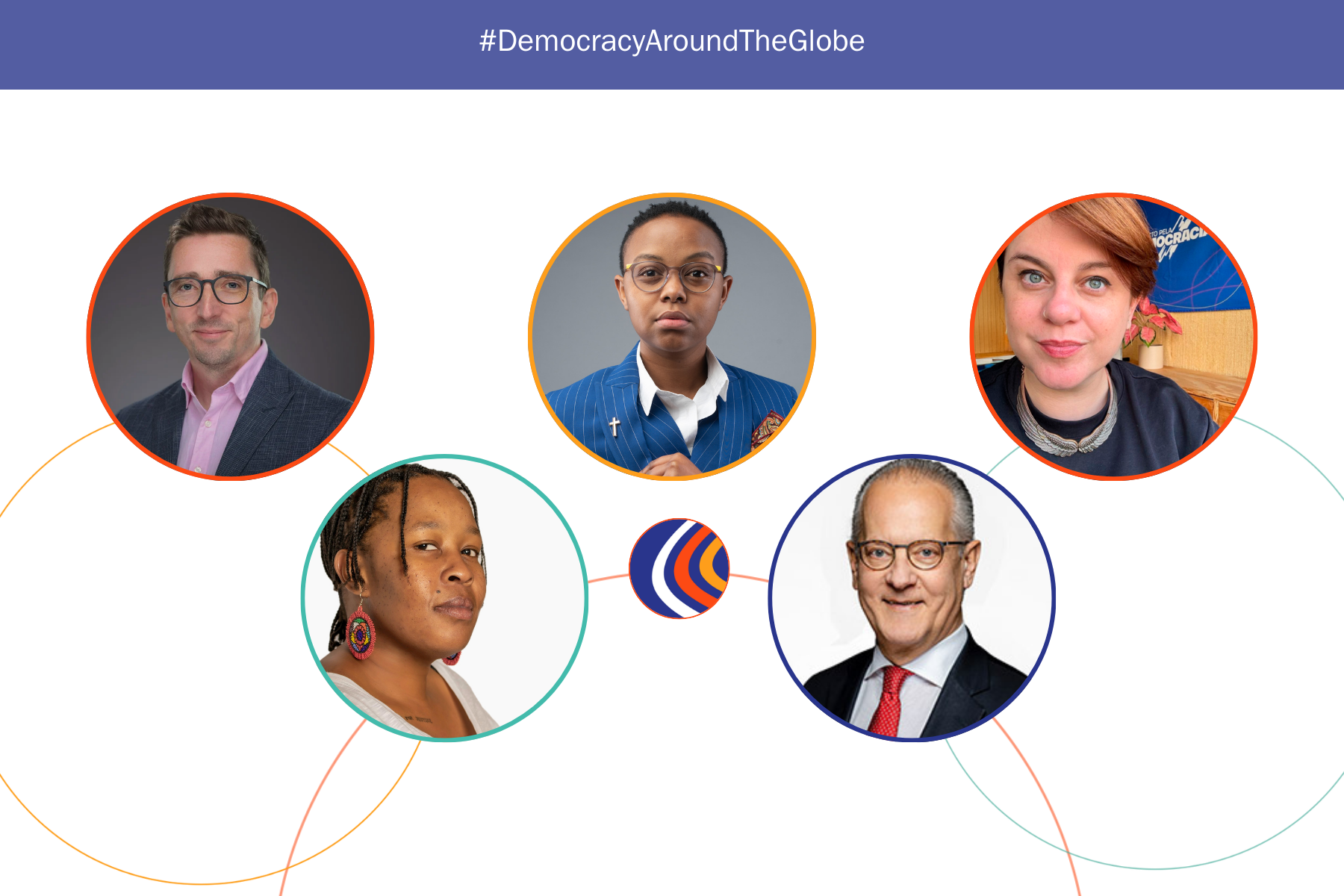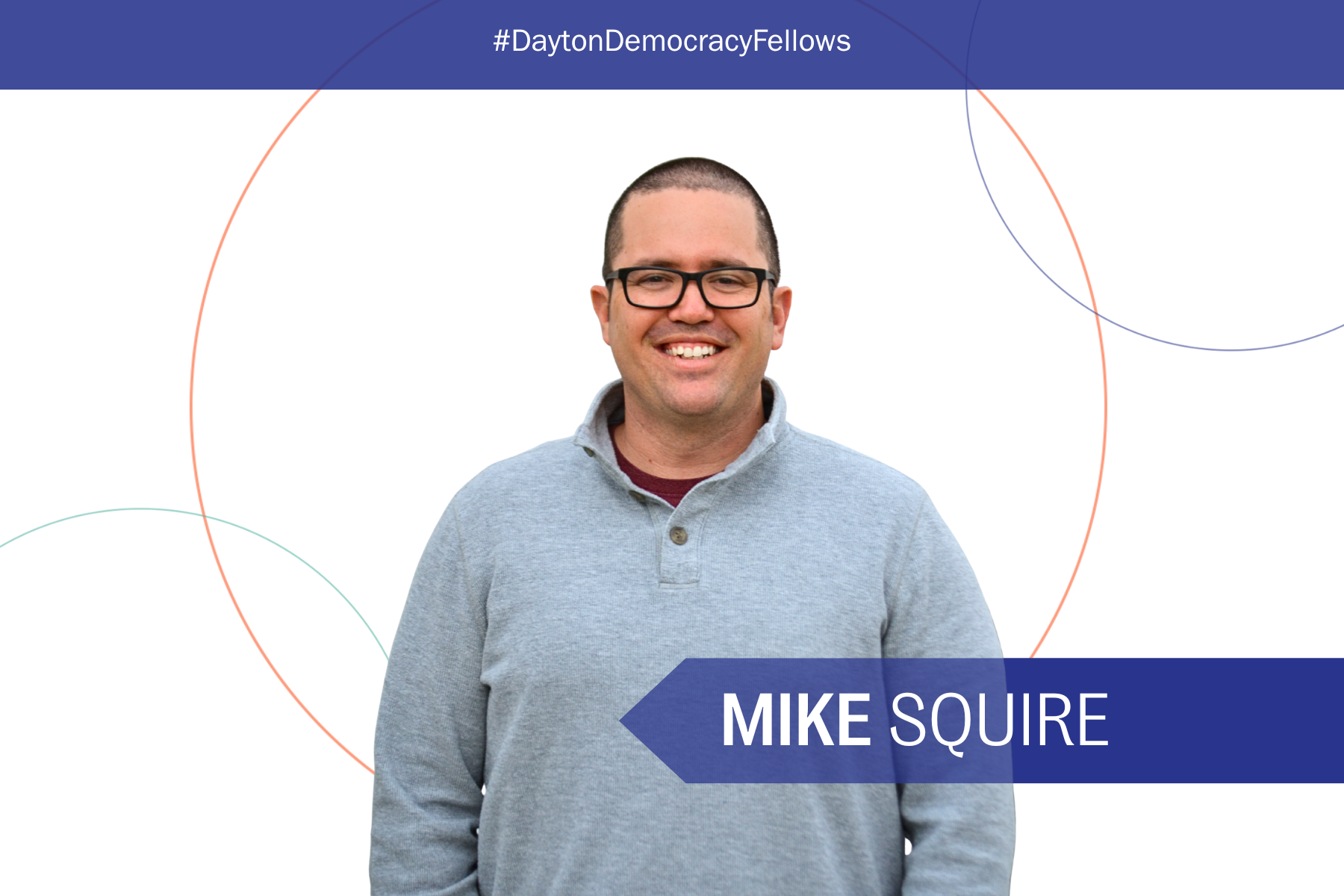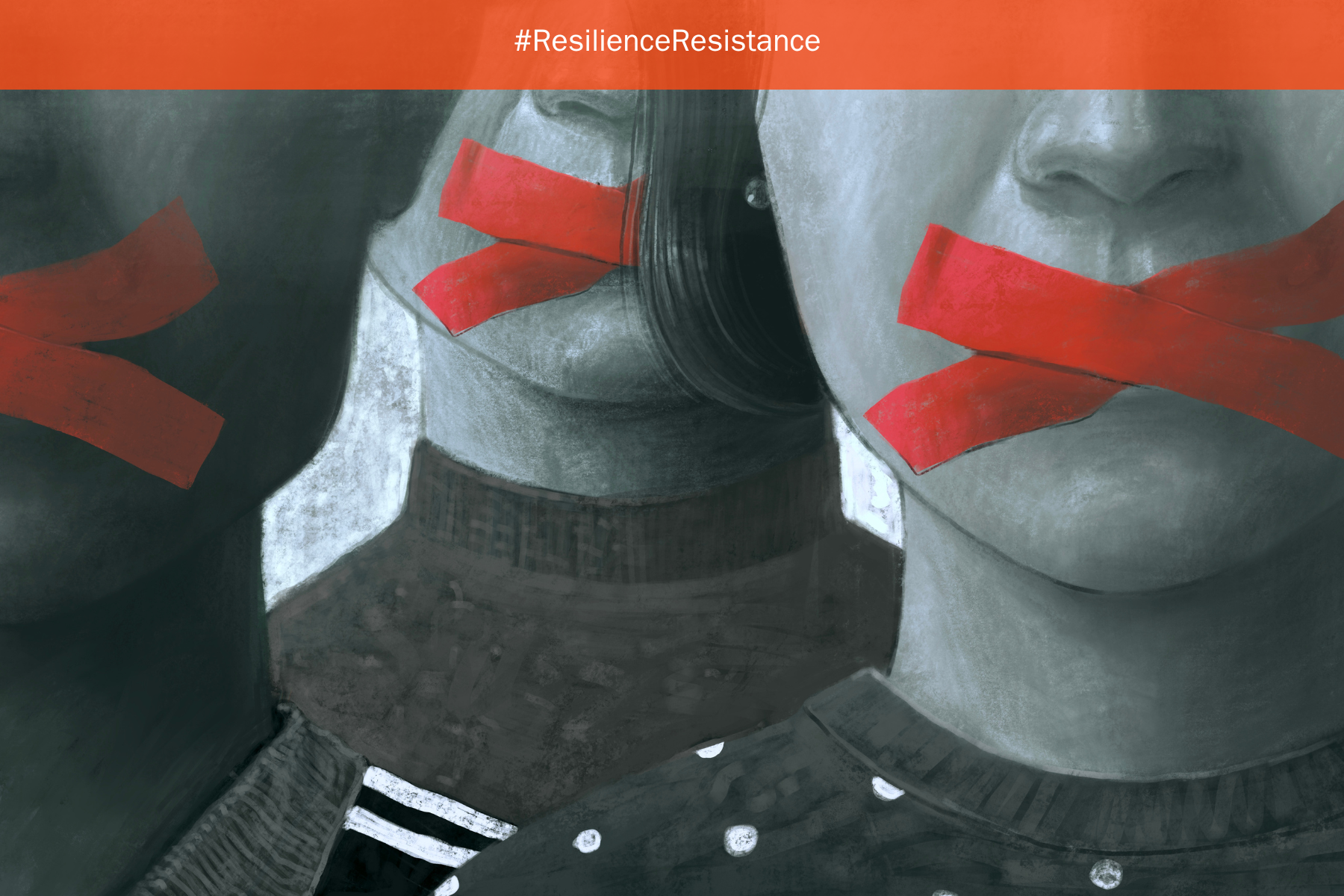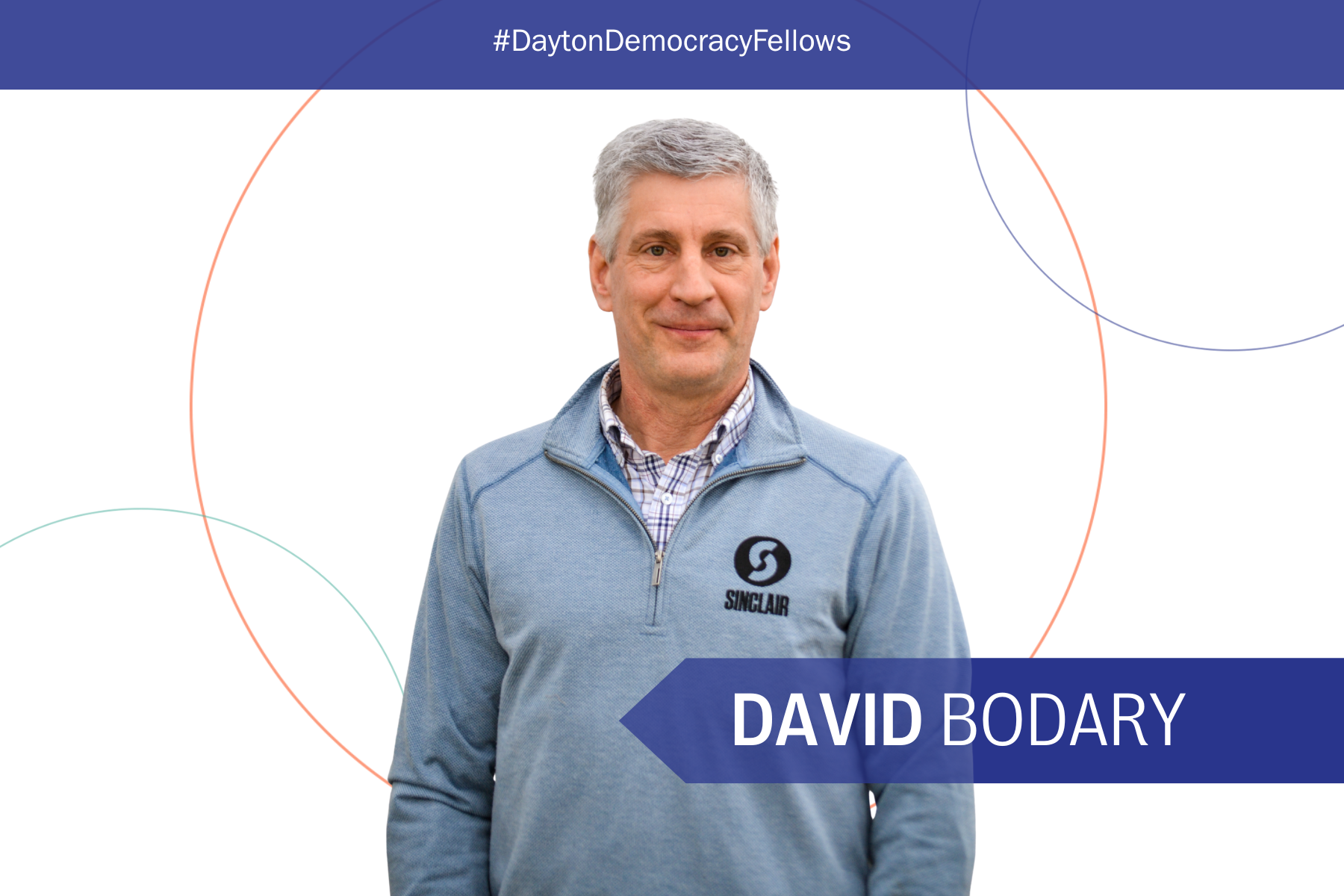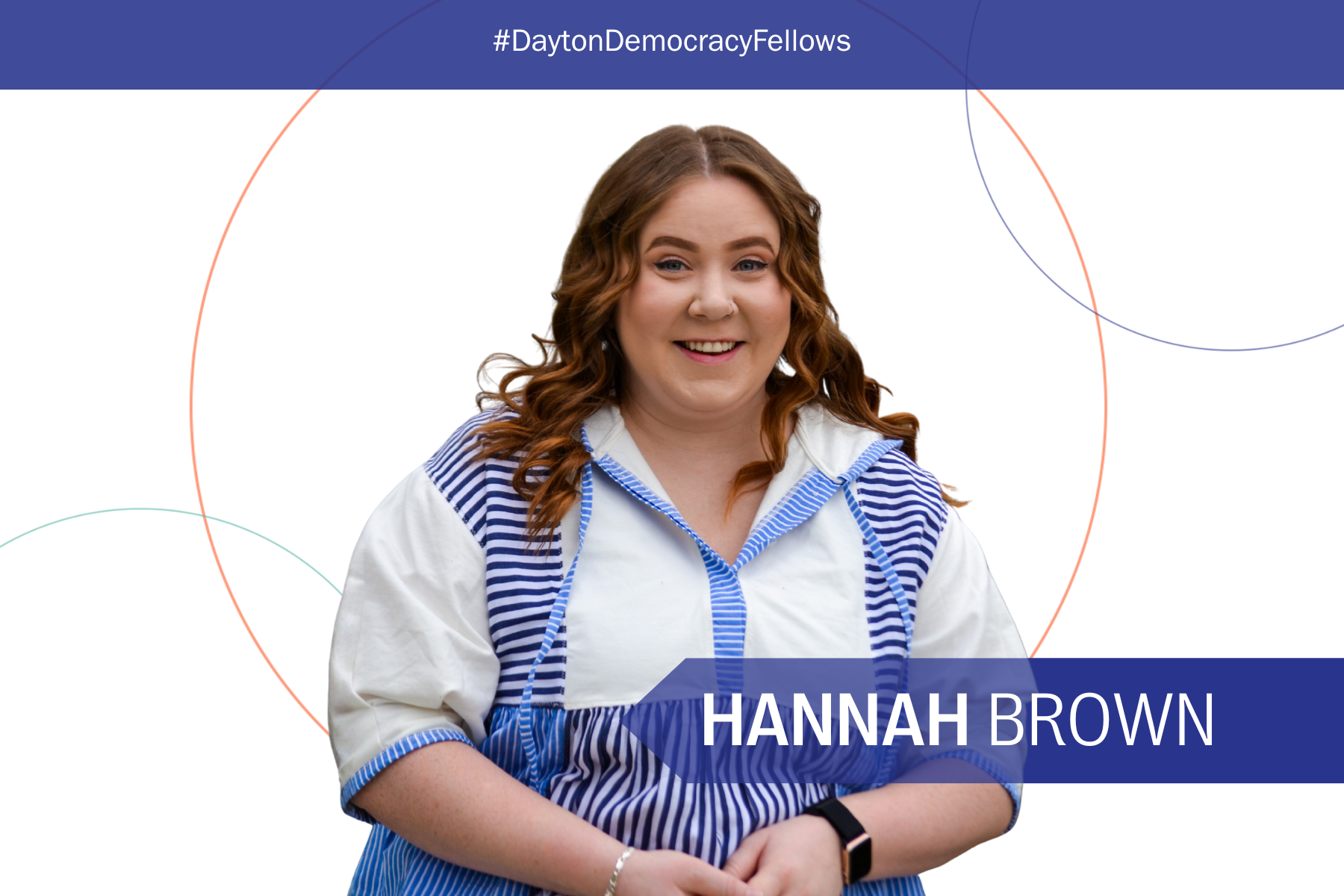Pamela Cone: Lifting People Up
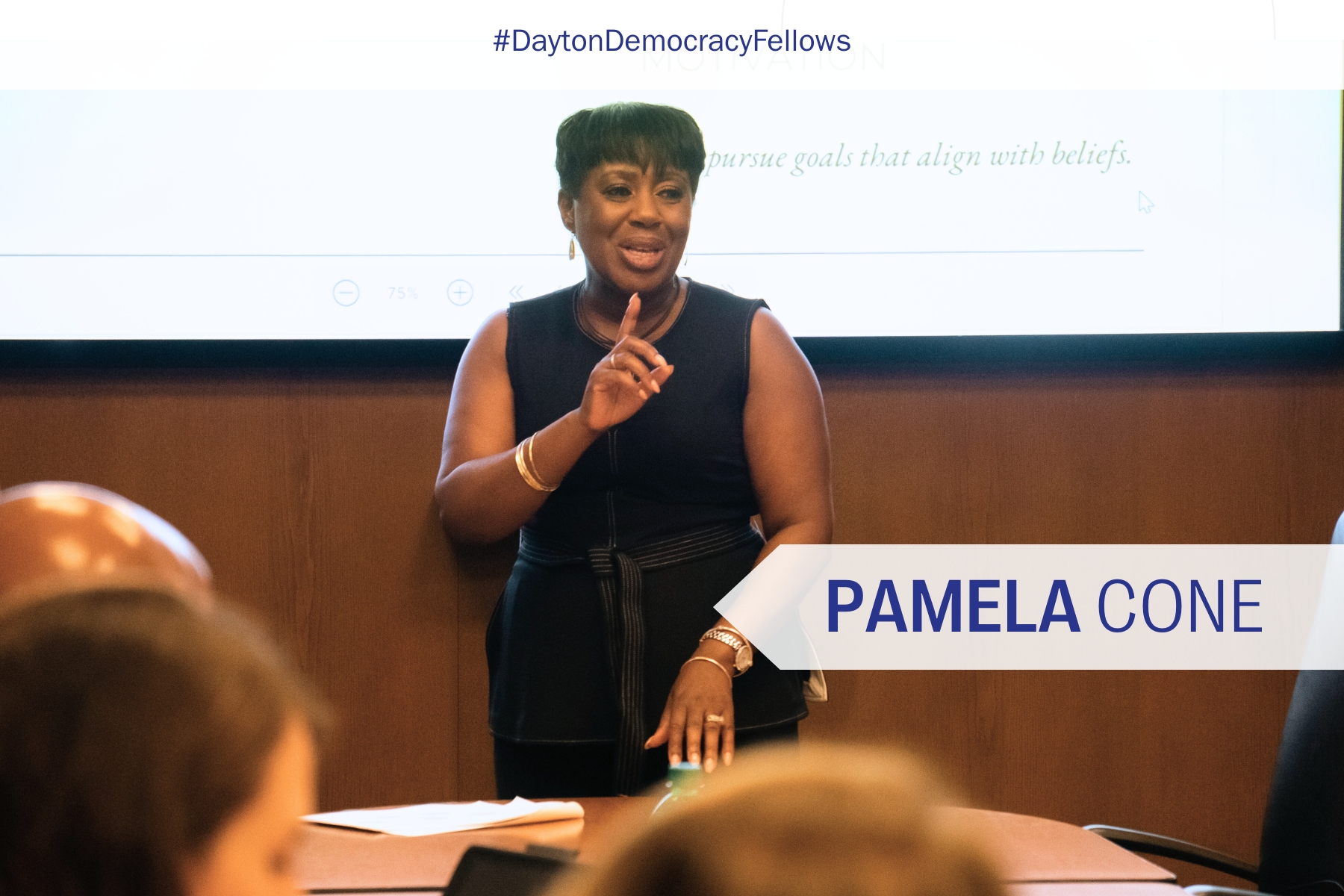
The Kettering Foundation’s Dayton Democracy Fellowship is a one-year program that supports innovative leaders, changemakers, and dreamers who are building movements for inclusive democracy in their communities and in our wider world. This series of articles about the Dayton Democracy Fellows highlights their robust work and the powerful narratives that drive the advancement and defense of democracy.
Pamela Cone will tell you that she and her husband, pastor Steven Cone, are “coworkers in the Gospel.” Both are Dayton Democracy Fellows and serve together at Dominion, Church of the Living God International, Inc., in Dayton. In addition to hosting the faith-based podcast Sunday Morning with Pamela Cone, she has served two terms on the Dayton Human Relations Council. Cone is completing a master’s degree from Indiana Wesleyan University and recently received an honorary doctorate, along with her husband, from School of the Great Commission Bible College and Seminary. They have three children.
Cone will also tell you about what she knows in her bones about democracy: that the right to vote is precious, that the right to vote came at a price, and that people like civil rights leader Medgar Evers died for merely registering voters. Her earliest memories were of watching her parents go to the polls, where they wore their best clothes to cast their ballots.
Democracy, she says, goes back to Proverbs 1:3 in the Old Testament. “‘To seek the instruction of wisdom, justice, judgment, and equity,’” she says, “and pull up your fellow man. That’s what democracy looks like to me.”
Her views on democracy are intertwined with ministry and her relationship with God. The church and her inner voice of faith shaped her from a young age. Cone’s parents were founding members of their family church. They helped fund the building of the church from a barn located next door to their house in Blytheville, Arkansas. She was about 8 years old then, around the time her mother encouraged her to speak before the church. At school, Cone didn’t do outside activities like sports, she said. Her personal development all came from the church.
She felt God calling her to ministry, but she had doubts. She hadn’t met any women ministers except for one who had visited her family’s church. After falling in love and marrying her husband, Steven, who was in the Air Force, they traveled to Mildenhall, England, where he was stationed. While attending church there, Cone witnessed the pastor’s wife preaching. This experience served as a powerful example, confirming her calling to ministry: This is what she was meant to do. A year or so later, her husband, too, felt called to the ministry, and the couple started a bible study in their living room once they moved back to the United States. Eventually, they would serve three churches together.
Cone said that her many community activities have given her plenty to think about concerning democracy.
“Voting and participating in democratic process doesn’t have the same meaning when a person is in the place of deficits, struggling to get housing and food,” Cone said. “They’re just trying to survive.”
Two areas that she is especially concerned about are people who struggle to keep a roof over their heads and the plight of young mothers who are trying to provide for their babies.
“My parents bought their first home in 1970. They were part of a working-class community, and everyone owned homes,” she said. “They never rented. So, home ownership is a gateway to the middle class.
But in today’s economy, this is an affordable housing issue. You pay as much for rent today as you pay for a mortgage so that family does not have the opportunity to build up equity,” she said. “If people have to struggle for basic needs, it doesn’t help the health of the community.”
Cone shared that she had her eldest child, a daughter, when she was 17, but her community lifted her up. “Personally, I didn’t have two pennies,” she said. Her parents helped her afford diapers and obtain childcare so she could continue her education. “I had more than enough, because my community came through.” Cone is deeply sympathetic to the struggles of young mothers, and one of her ambitions is to establish a website where they could obtain needed items at low or no cost. “When we want people to be engaged in a democratic process, we have to give people a reason to believe that we care about their everyday lives,” she said.
Cone said that she thinks about the parable of the talents to explain the purpose of her life and her caring about her community. Found in the Gospel According to Matthew, it tells of a master who gives talents to three servants. Two servants manage to make more money for their master from the initial amount, but the third buries the talents, gaining nothing.
“When I see God, and he asks me, ‘What did I do with what I gave you?’ I want to hear ‘well done.’ I don’t want to turn around and say, ‘I buried it.’ So I don’t bury anything,” she said.
Maura Casey is a former editorial writer for the New York Times and has worked with the Kettering Foundation since 2010.
The Charles F. Kettering Foundation Dayton Democracy Fellowship is a one-year program designed to support innovative leaders, changemakers, and dreamers who are building movements for inclusive democracy in their communities and in our wider world.
